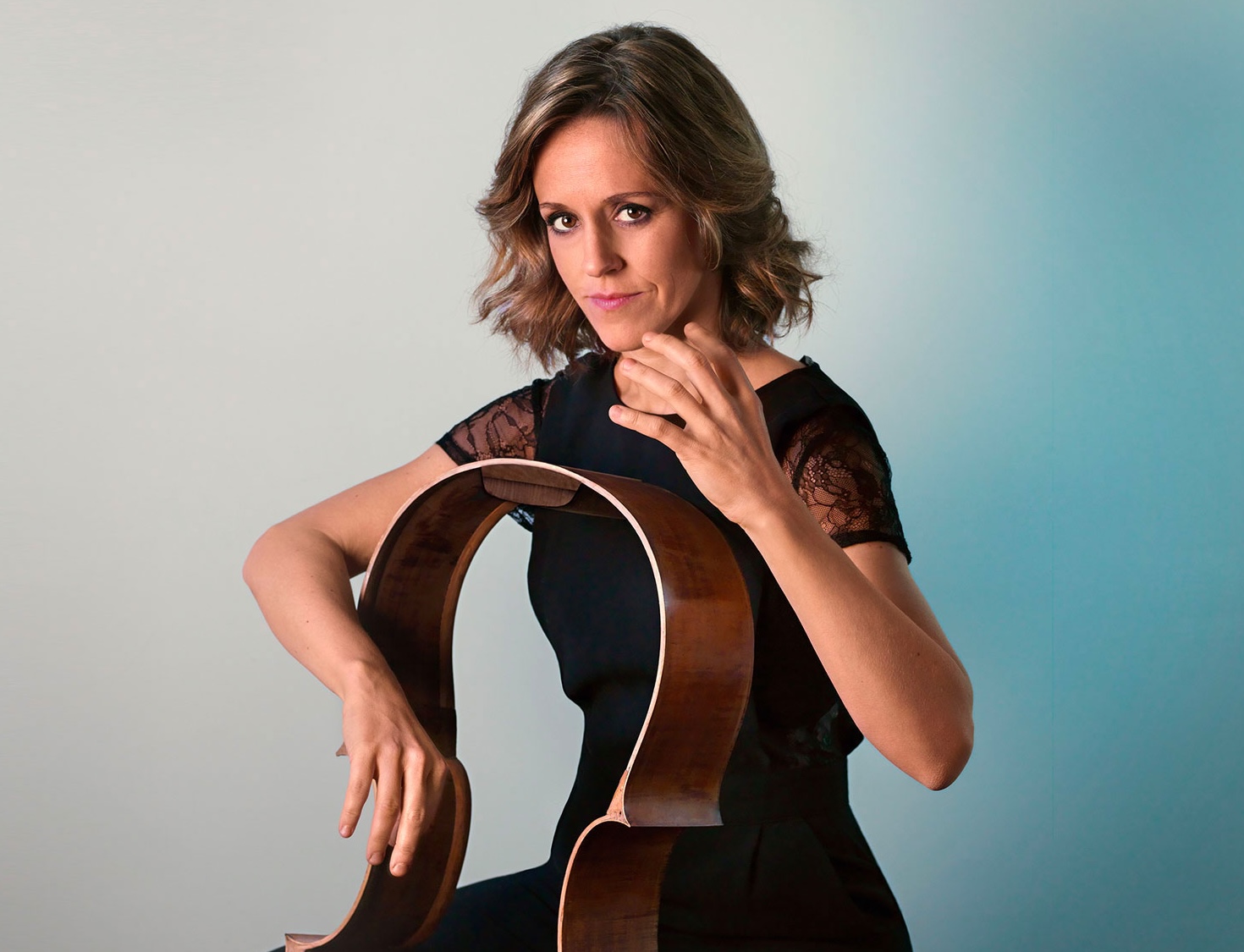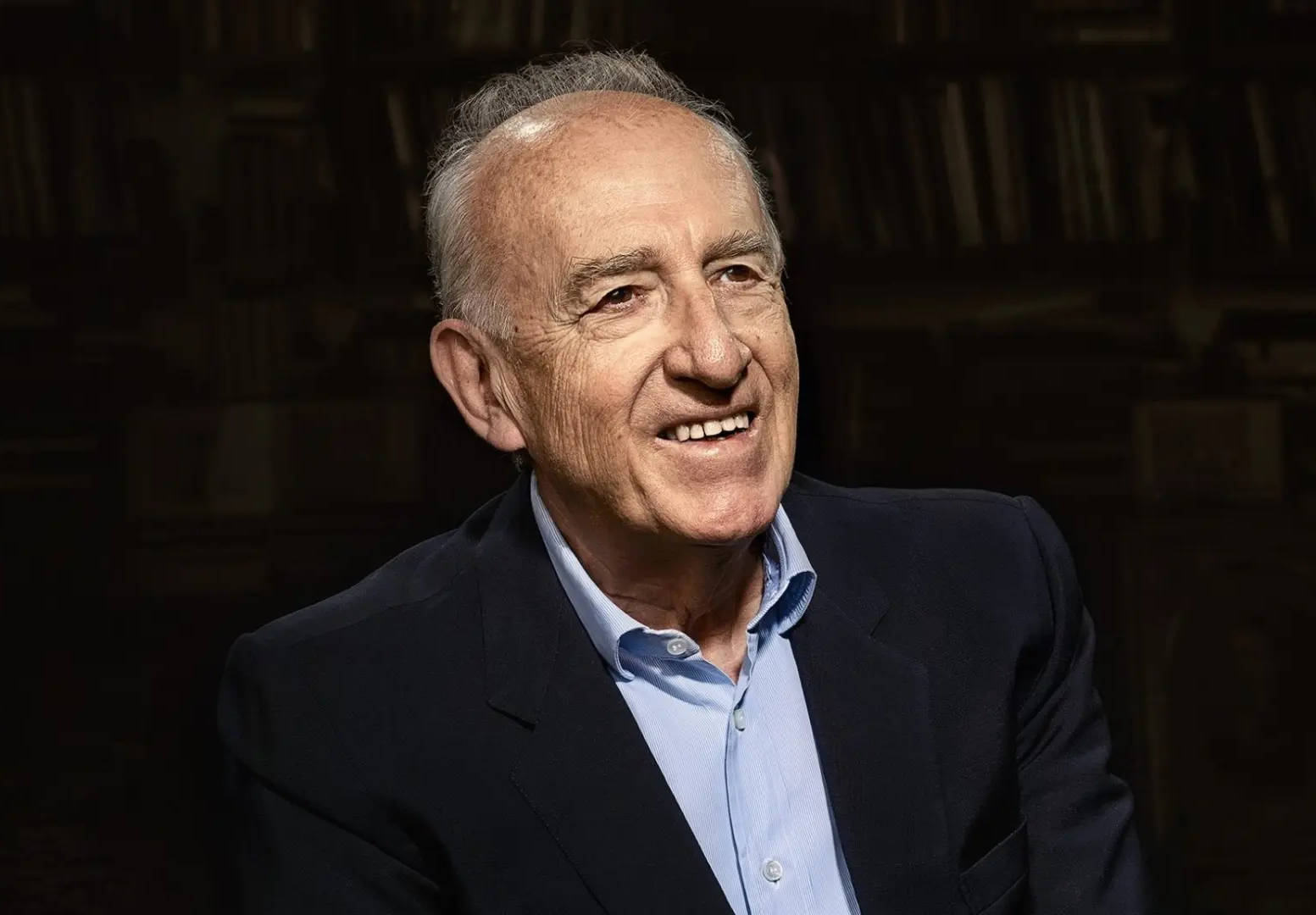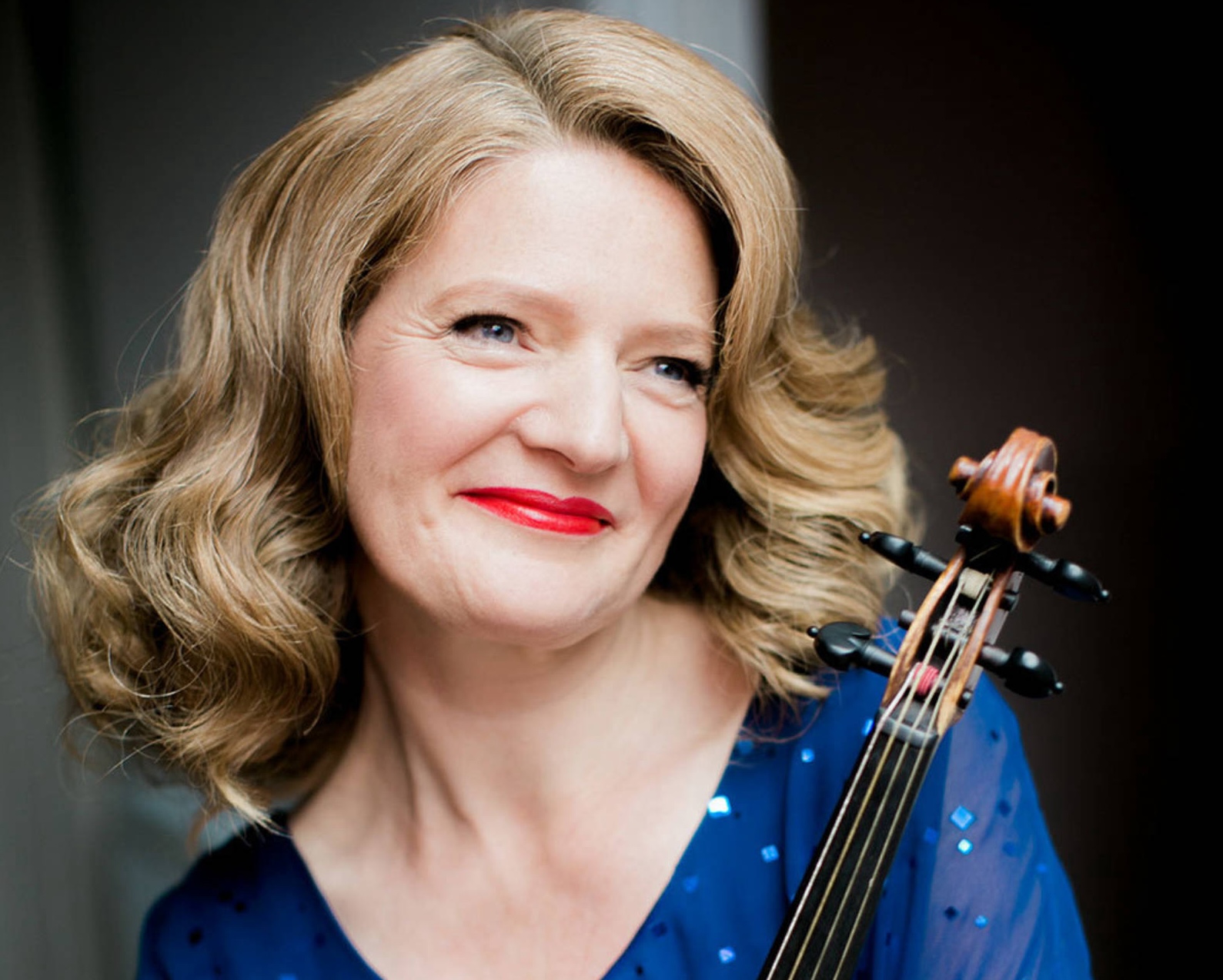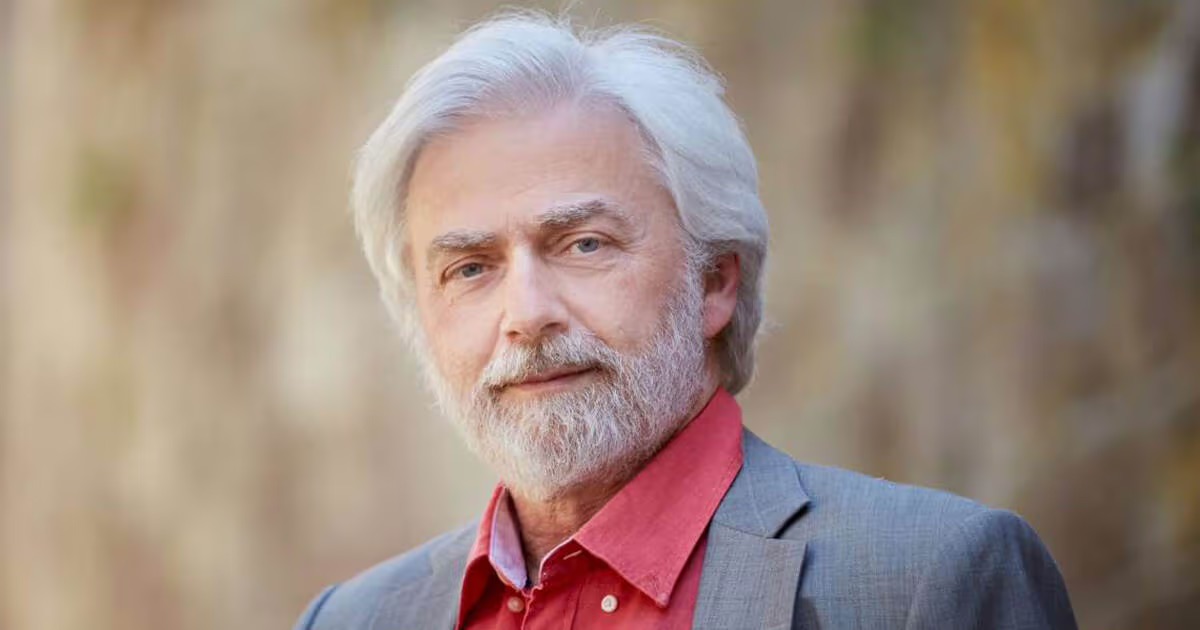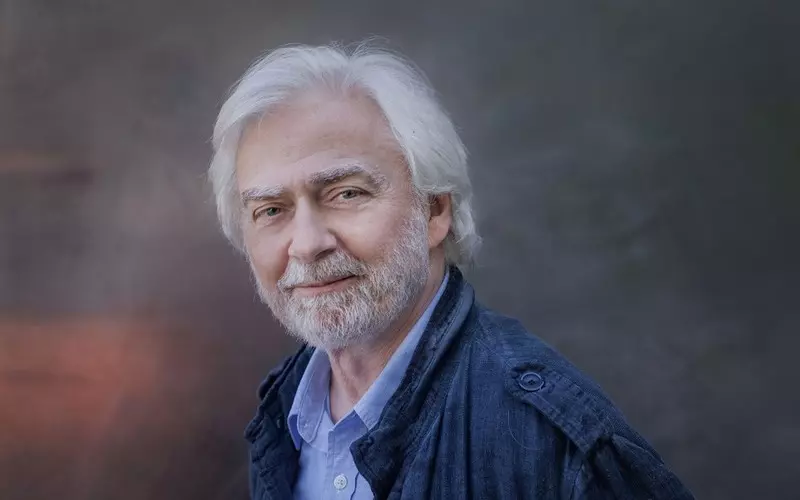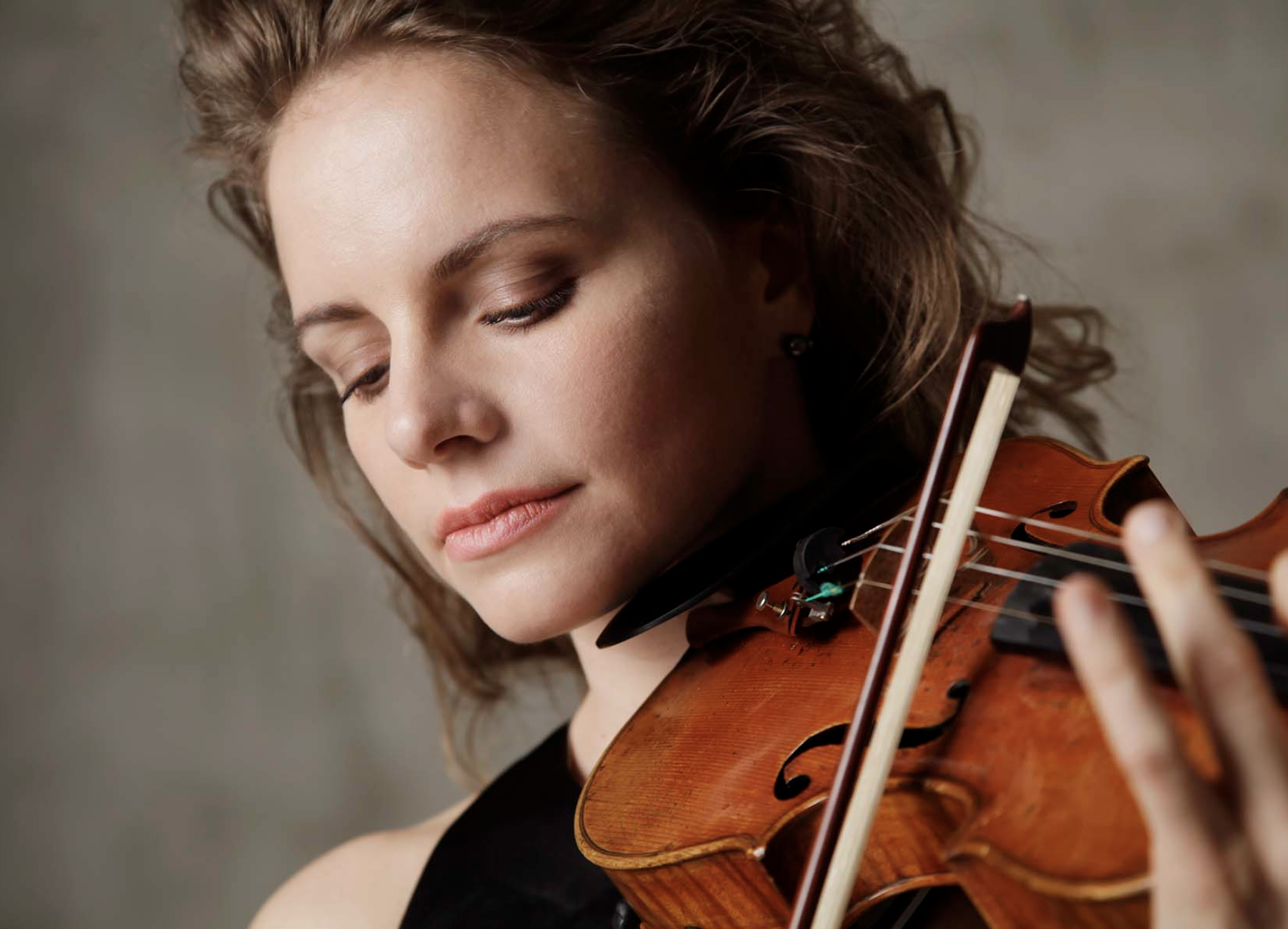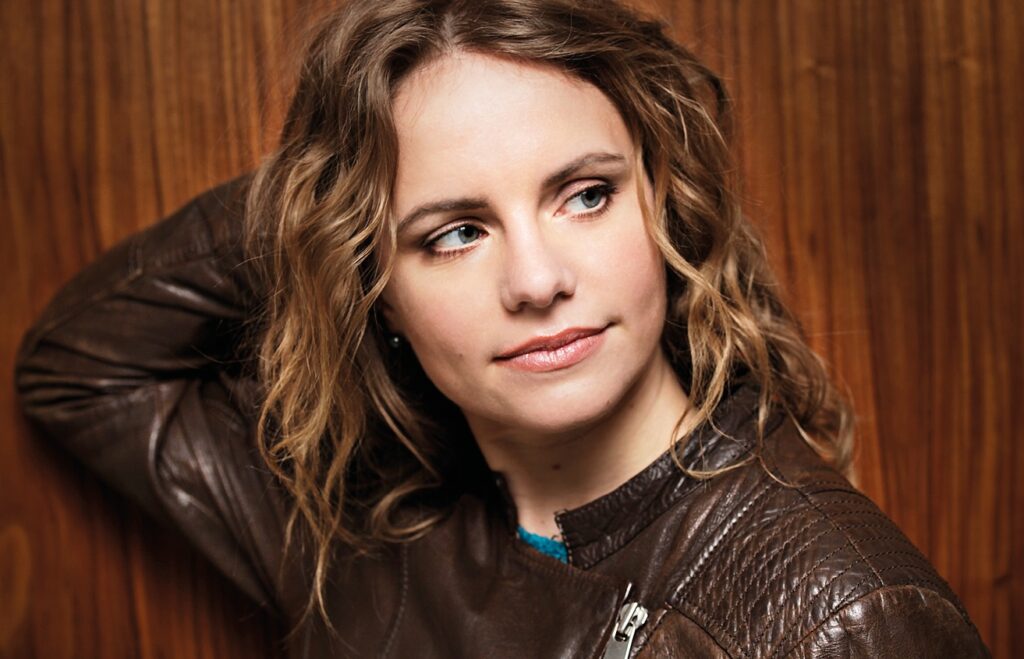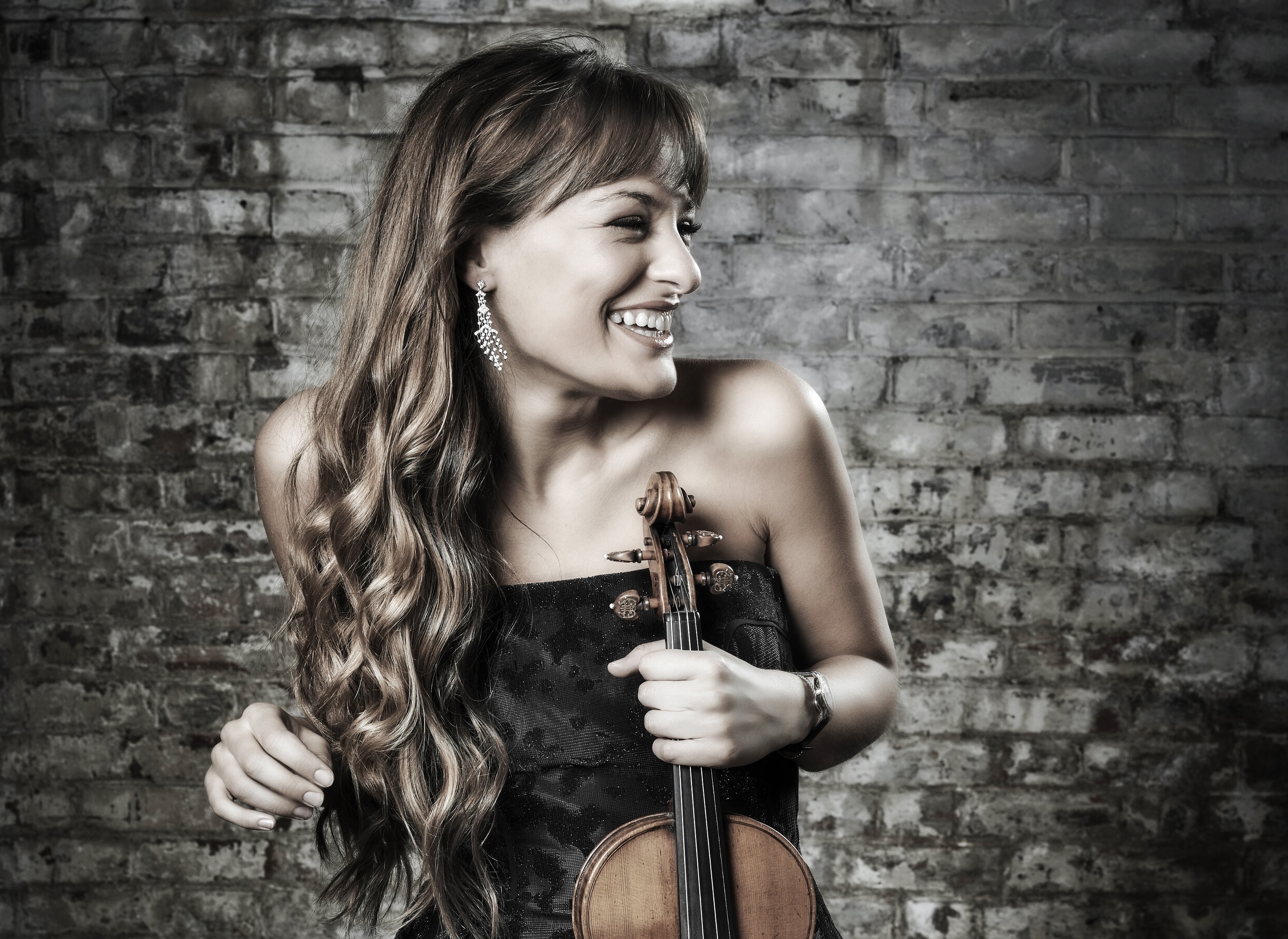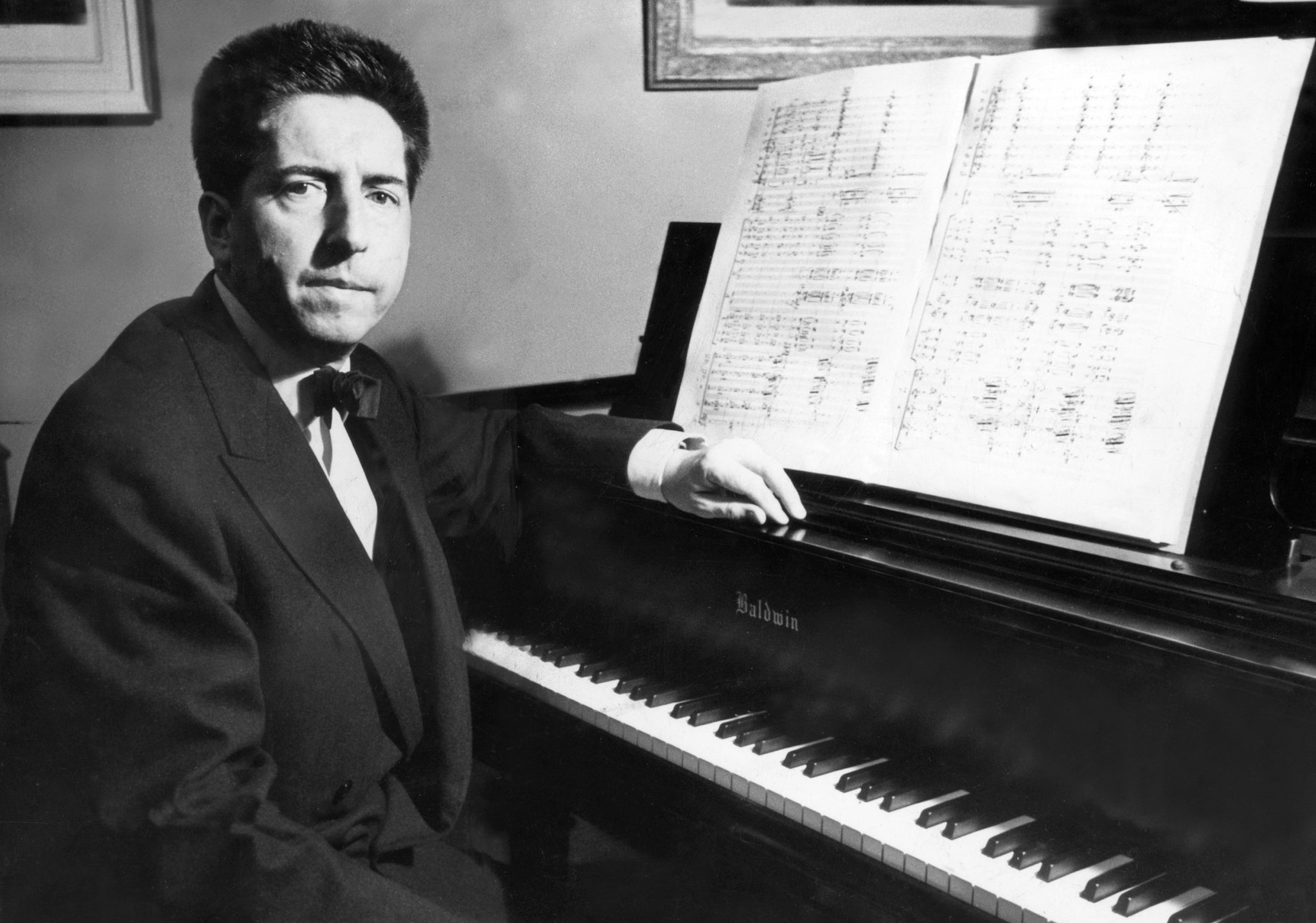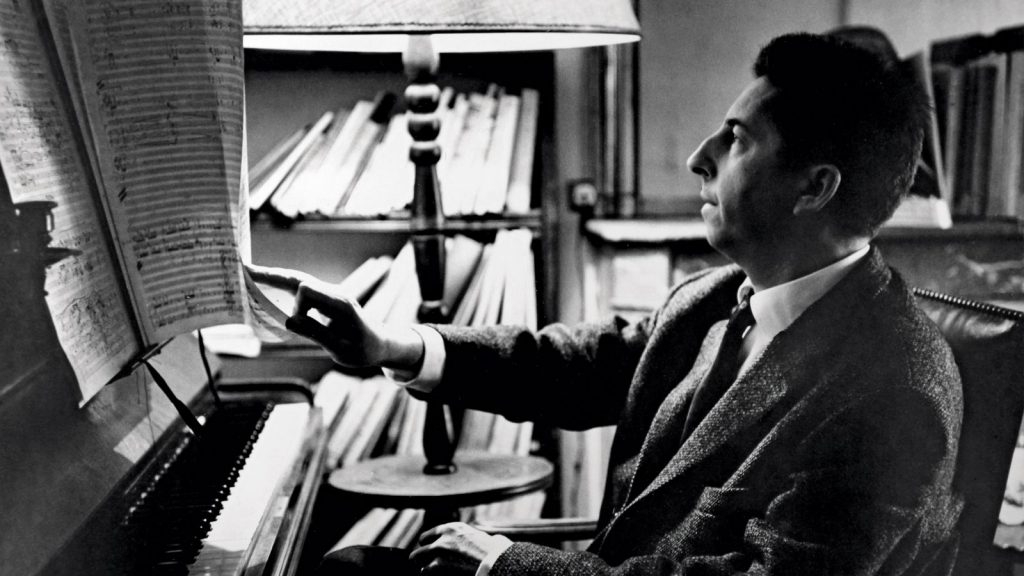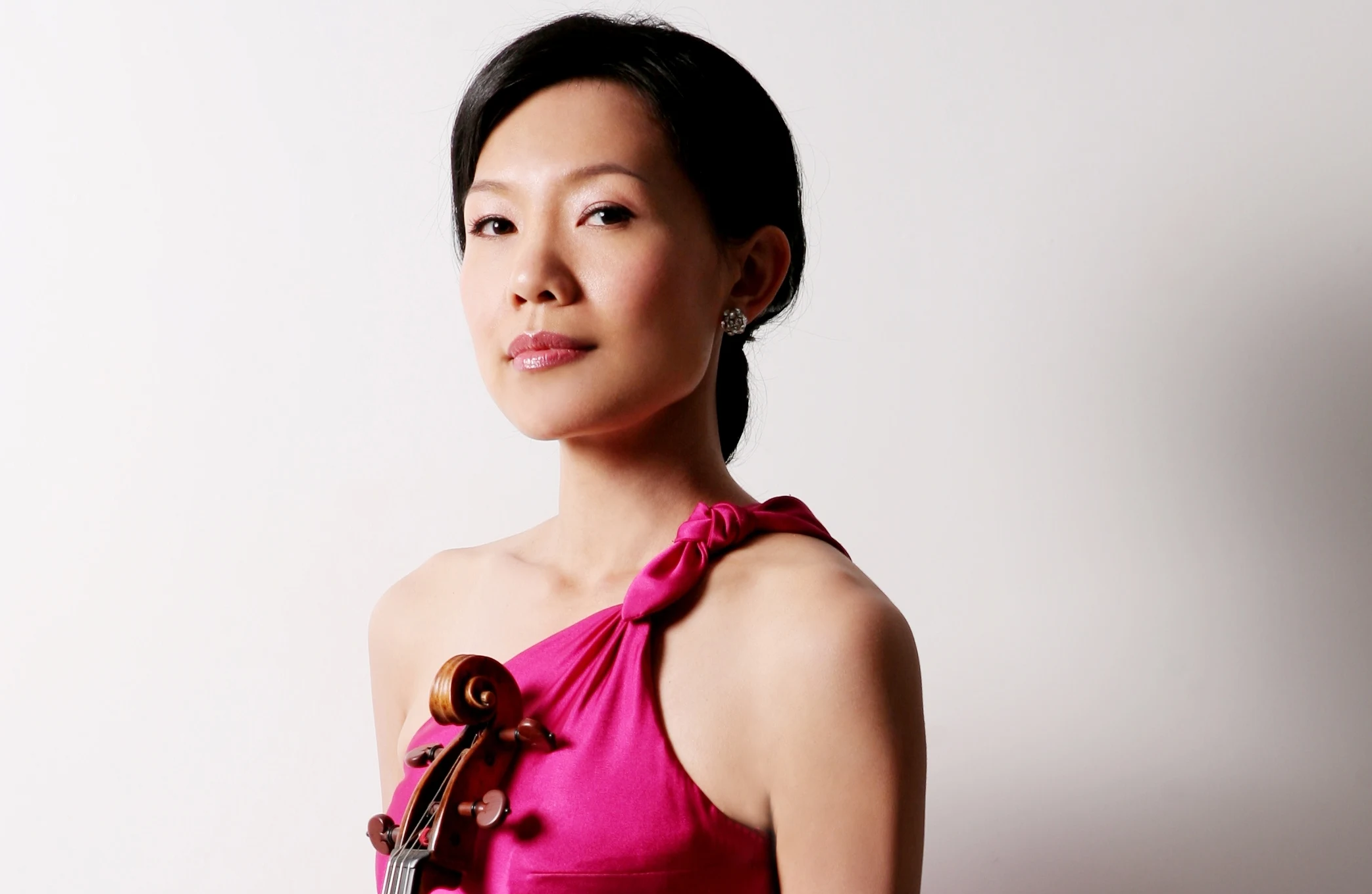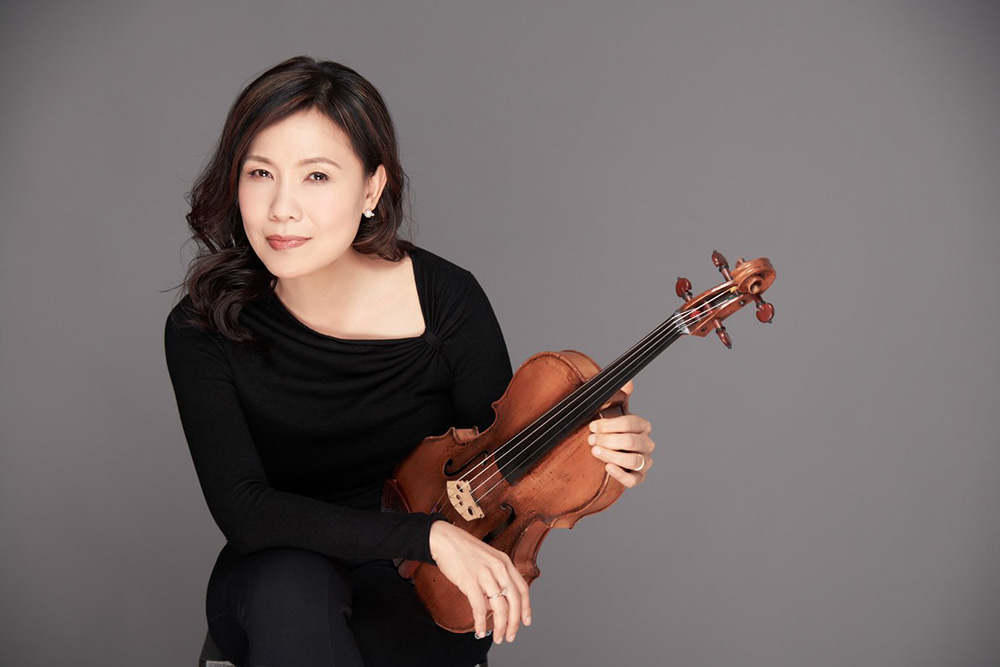Sol Gabetta
Virtuoso Cellist Bridging Cultures and Repertoires
Sol Gabetta, an internationally acclaimed cellist born in Argentina, has carved a niche for herself in the classical music world with her expressive performances and diverse repertoire. Born into a musically inclined family with French and Russian roots, Gabetta’s journey with the cello began at a tender age, leading her to study in places like Buenos Aires, Madrid, and Basel.
Gabetta’s career took off after winning significant awards like the Crédit Suisse Young Artist Award, which set the stage for her debut with orchestras of global repute including the Vienna Philharmonic under Valery Gergiev. Her performances are marked by a deep emotional resonance and technical mastery, traits that have garnered her numerous accolades including several Echo Klassik awards and the Gramophone Young Artist of the Year.
Gabetta is known for her collaborations with esteemed orchestras and conductors worldwide. She has performed with the Philadelphia Orchestra, City of Birmingham Symphony Orchestra, and the Royal Philharmonic Orchestra, among others. Her partnerships extend to contemporary composers like Michel van der Aa and Pēteris Vasks, who have composed works specifically for her. This highlights her role not just as a performer but also as a muse in the contemporary classical music scene.
In addition to her solo performances, chamber music forms a significant part of her musical ventures. She has performed at major venues like New York’s Lincoln Center and London’s Wigmore Hall, and collaborates regularly with other renowned musicians including Hélène Grimaud and Patricia Kopatchinskaja. Her involvement in festivals such as the Solsberg Festival, which she artistically directs, showcases her commitment to nurturing and promoting chamber music.
Gabetta performs on a 1759 G. B. Guadagnini cello provided by Atelier Cels Paris and a Stradivarius cello from 1717 on loan from the Stradivari Foundation Habisreutinger. Her commitment to education is evident in her long-standing role as a cello instructor at the Basel Music Academy, where she imparts her knowledge to the next generation of cellists.
Her recent engagements include premier performances and residencies with prestigious orchestras across Europe and collaborations that continue to push the boundaries of classical music. Sol Gabetta’s ongoing projects and performances continue to enrich the classical music landscape, making her one of the most dynamic and influential figures in today’s classical music world.
Sol Gabetta’s biography and career highlights reflect a vibrant journey marked by a passion for the arts, a dedication to both traditional and contemporary repertoires, and a commitment to cultural enrichment through music. Her ability to connect deeply with audiences and fellow musicians alike ensures her a place among the classical music elite.

